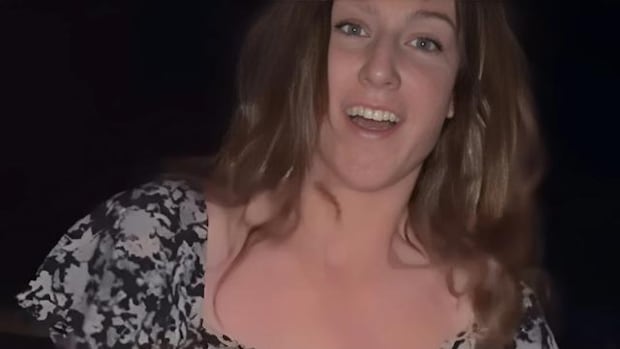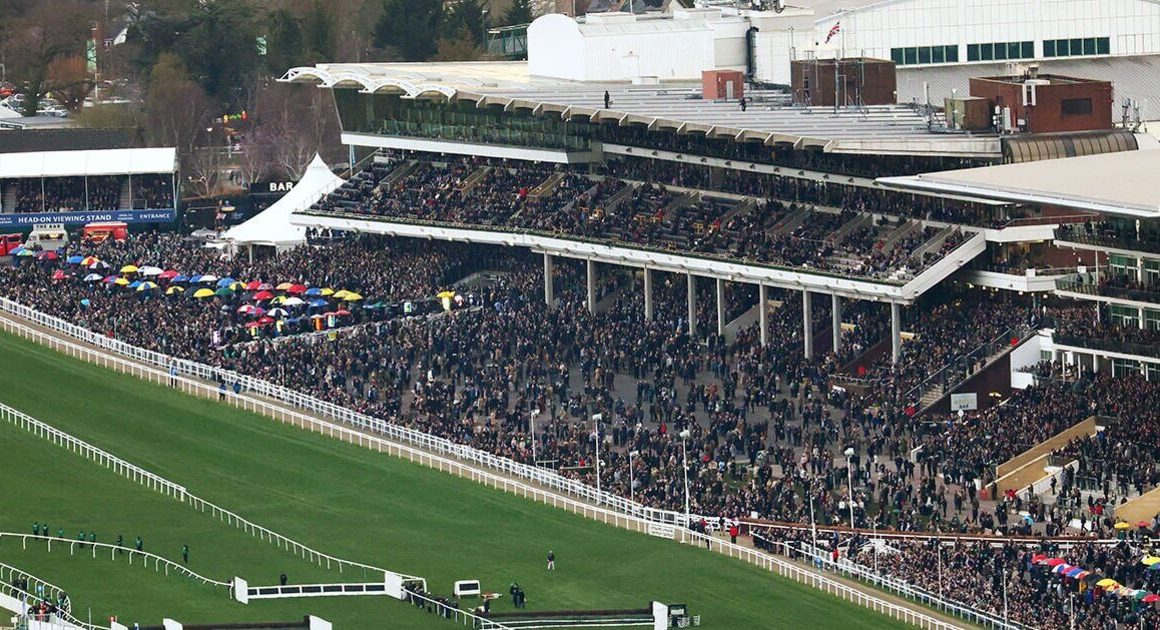Salman Rushdie described in graphic detail Tuesday the frenzied moments in 2022 when a masked man rushed at him on a stage in western New York and repeatedly slashed him with a knife, leaving him with life-threatening injuries.
The 77-year-old author addressed jurors on the second day of testimony at the trial of Hadi Matar, 27, who has pleaded not guilty to attempted murder and assault in the attack. It was the first time since the attack that Rushdie found himself in the same room with the man accused of trying to kill him.
“I only saw him at the last minute,” Rushdie said. “I was aware of someone wearing black clothes, or dark clothes and a black face mask. I was very struck by his eyes, which were dark and seemed very ferocious.”
Rushdie said he first thought his knife-wielding attacker was striking him with a fist.
“But I saw a large quantity of blood pouring onto my clothes,” he said. “He was hitting me repeatedly. Hitting and slashing.”

Rushdie said he was struck more times in his chest and torso and stabbed in his chest as he struggled to get away.
“I was very badly injured. I couldn’t stand up any more. I fell down,” he said.
‘I was dying’
While lying on the stage, he recalled “a sense of great pain and shock, and aware of the fact that there was an enormous quantity of blood that I was lying in.”
“It occurred to me that I was dying. That was my predominant thought,” he said.
His wife, Rachel Eliza Griffiths, cried from her seat in the courtroom’s second row.
Rushdie was blinded in one eye in the attack and spent months recovering, a process he detailed in a memoir released last year. A speaker who was to appear with Rushdie also was wounded.
Jurors heard opening statements Monday, followed by testimony from staffers at the Chautauqua Institution, the non-profit art and education centre where the attack happened about 120 kilometres south of Buffalo.
Matar has been in custody since he was subdued by spectators after the attack.

The trial is expected to last up to two weeks.
Jurors are unlikely to hear about a fatwa issued by the late Iranian leader Ayatollah Ruhollah Khomeini calling for Rushdie’s death, according to district attorney Jason Schmidt. Rushdie, the author of Midnight’s Children and Victory City, spent years in hiding after Khomeini announced the fatwa in 1989 following publication of the novel The Satanic Verses, which was inspired by the life of the prophet Muhammad and which some Muslims consider blasphemous.
‘Not a case of mistaken identity’
Schmidt has said discussing Matar’s motive will be unnecessary in the state trial, given the attack was seen by a live audience that was expecting to hear Rushdie present a lecture on keeping writers safe.
“This is not a case of mistaken identity,” Schmidt said during opening statements Monday. “Mr. Matar is the person who attacked Mr. Rushdie without provocation.”

A public defender representing Matar told jurors that the case is not as straightforward as prosecutors have made it out to be.
“The elements of the crime are more than ‘something really bad happened’ — they’re more defined,” Lynn Schaffer said. “Something bad did happen, something very bad did happen, but the district attorney has to prove much more than that.”
In a separate indictment, federal authorities allege Matar was driven to act by a terrorist organization’s 2006 endorsement of the fatwa. A later trial on federal terrorism charges will be scheduled in U.S. District Court in Buffalo.











